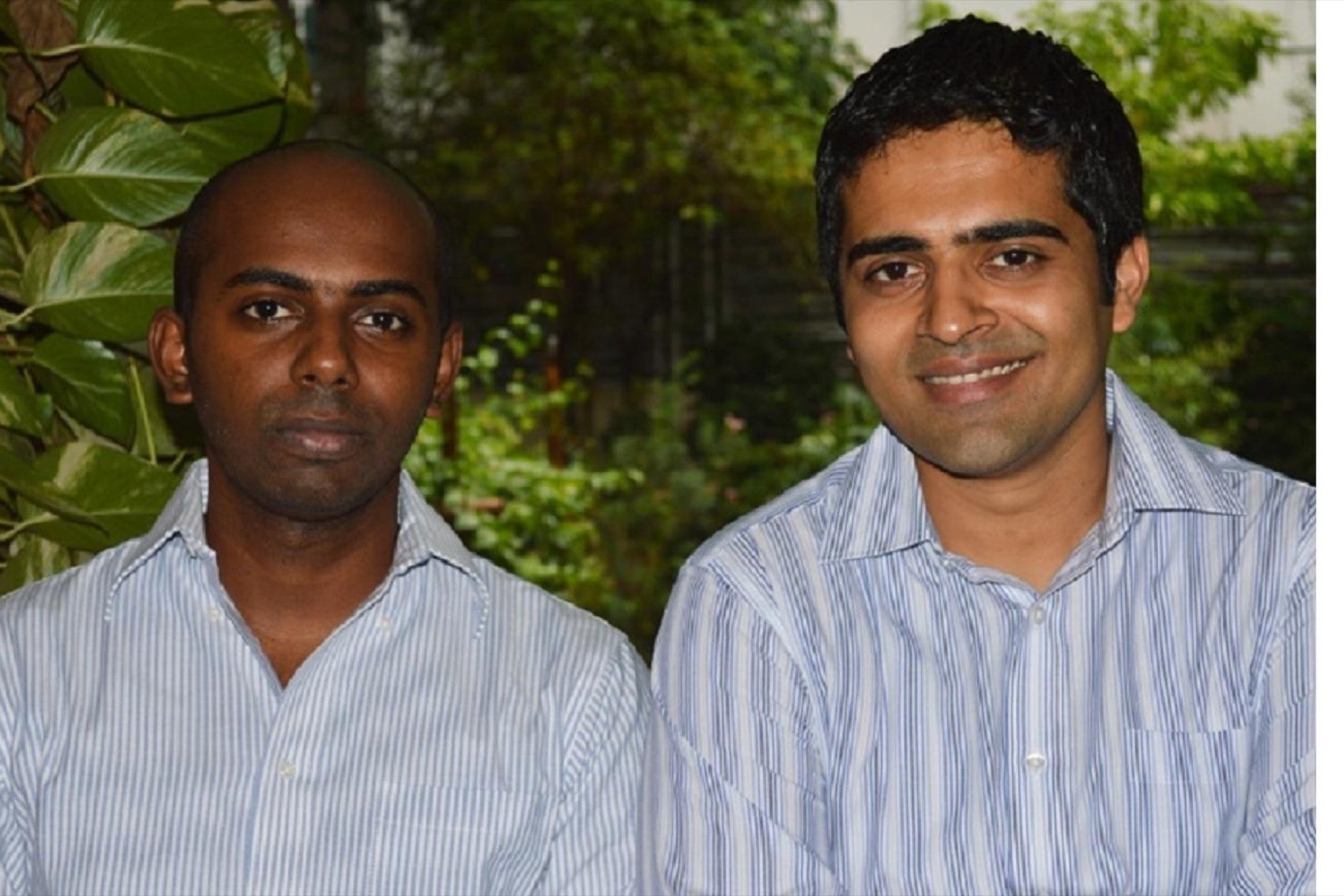An accidently built boot strapped SaaS start-up Tagalys aims to be profitable for the year ending March 31st 2016
You're reading Entrepreneur India, an international franchise of Entrepreneur Media.

Antony Kattukaran, CEO and co-founder at Tagalys talks about how his start-up was accidentally built in a previous B2C startup and his survival tactics in the SaaS (Software as a Service) space, which foresees a multi-billion market opportunity by 2025. With a team of 5-10 technology professionals, Tagalys will be profitable for the year ending March 31st, 2016.
"We fortunately did not raise funding in our last start-up and in the quest for survival, identified a B2B opportunity to improve site-search for online retailers. Today, thanks to customer feedback we have progressed from improving Site-Search, to improving user engagement as a whole for online retailers with Intelligent Site Search, Smart Merchandising, Reporting and Analytics"
Boot strapping SaaS
Boot strapping is always challenging in the early days for any start-ups because we depend on customers to pay us, hopefully on-time to fund growth. That was an interesting learning experience and we still continue to face challenges in that space.
Fortunately marketing can be done a lot more efficiently in B2B startups given the use of online channels and content marketing. Customers prefer SaaS products as the cost of distribution are lower, easy installation and we can deploy a pay as you go model. SaaS can be applied in any vertical where the other variables that impact business are not affected by this change in distribution and pricing.
Dealing with an Indian client vs. a global one
The focus of many Indian retailers is to minimize costs in every possible way. While that's not a bad idea, they rarely look at the Total Cost of Ownership, Opportunity Costs and Return on Investments wrt Technology. They look at price and do a quick Make vs. Buy looking at price only, instead of asking questions like how will product X increase my revenue, what ROI can product X offer etc.,
However, most of my interactions with international customers are more around the technology, success stories, challenges, product roadmap and benefits – ROI, Revenue & Productivity.
Scaling up
We are currently focusing on the ecommerce retail vertical. Tagalys has received interest from other verticals like travel and real estate, but that's for 2017. Global retail is an expanding and very large market, thanks to the growth in omni-channel and mobile. We are gaining visibility with a specific customer profile that meets our target segment. We recently started marketing efforts for Tagalys in the international market and have aggressive revenue goals set for the next year.
The need to be an techie to get into SaaS
If you are building any product whose core competency is the technology, you need to build the tech in-house. You may execute this by programming yourself, hiring technology leads or having a co-founder who keeps thinking about how to build our tech, faster, better and more efficient. SaaS is a delivery mode and should not affect your product development strategy.
Wow moment
When we decided to pivot from B2C to B2B, keeping our core tech for the new product. It has literally paid us dividends in the past year.
Make in India
Along with all my fellow entrepreneurs, I am excited to "Make in India", but wish the government improves our external working environment to help us compete in a global market. A lot has been spoken recently about this topic in various categories like Taxation, Infrastructure, Investment Benefits etc. I can only hope India INC can execute on their corporate strategy to promote "Make in India"










